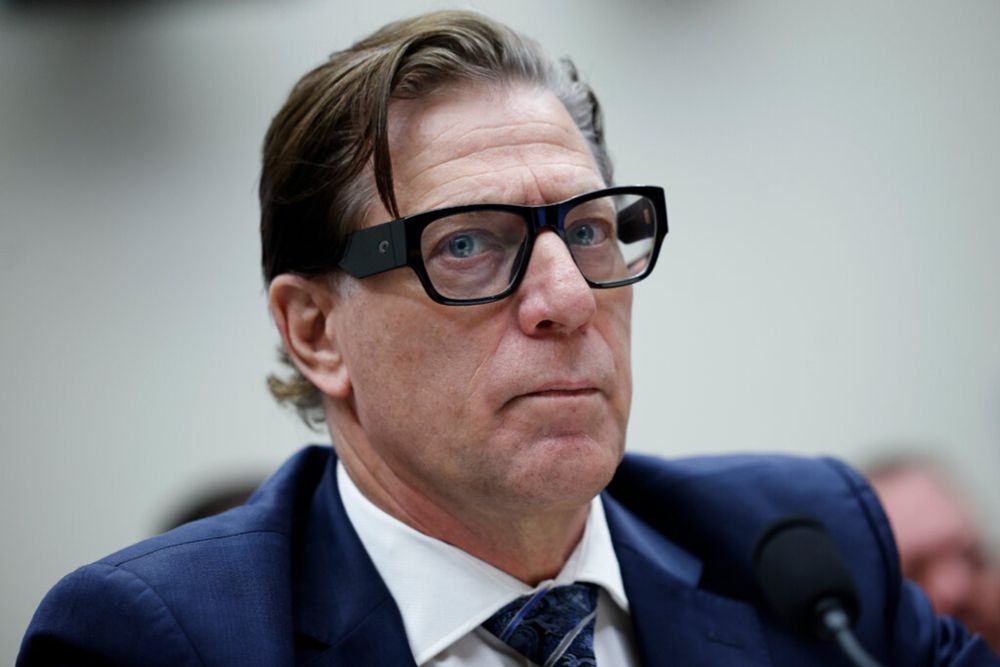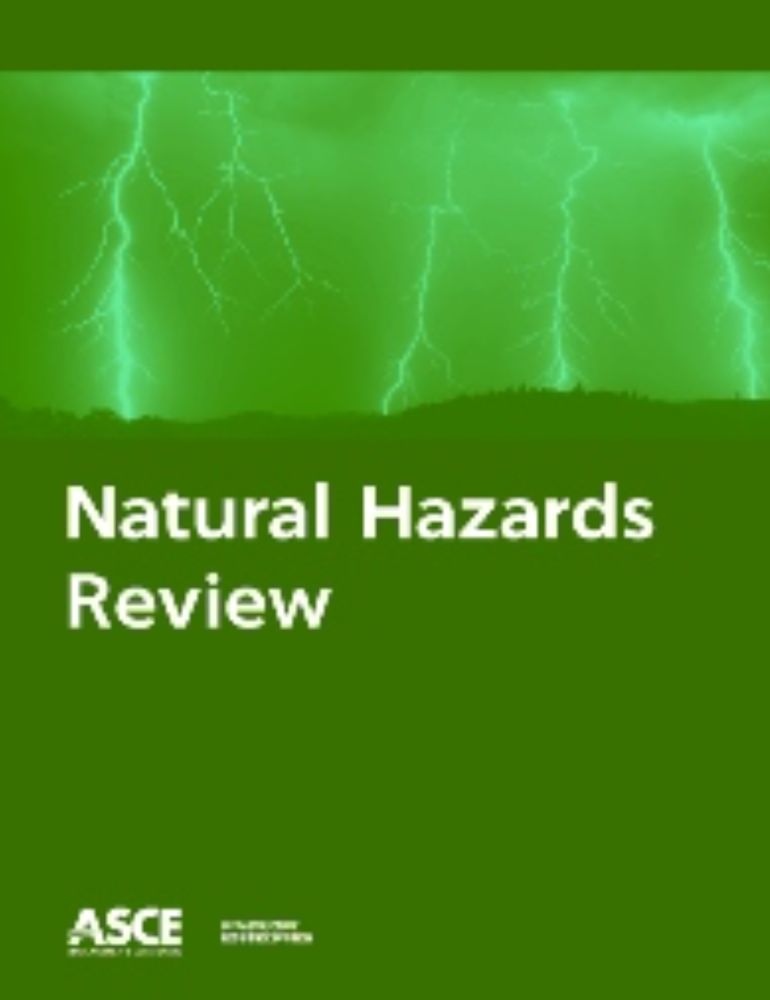

andrewrumbach.substack.com/p/my-2025-di...

andrewrumbach.substack.com/p/my-2025-di...







www.nytimes.com/2025/11/17/c...

www.nytimes.com/2025/11/17/c...
www.searshouses.com

www.searshouses.com
Lots more in the article!
Lots more in the article!
2. People who experienced higher levels of disaster damage had less trust in the recovery process.
2. People who experienced higher levels of disaster damage had less trust in the recovery process.
We surveyed 823 people in the aftermath of the disaster. Some key findings:
ascelibrary.org/doi/10.1061/...

We surveyed 823 people in the aftermath of the disaster. Some key findings:
ascelibrary.org/doi/10.1061/...



